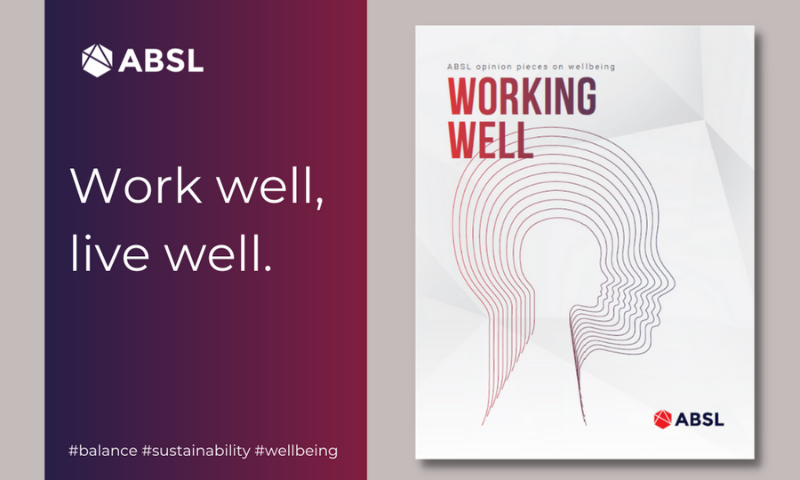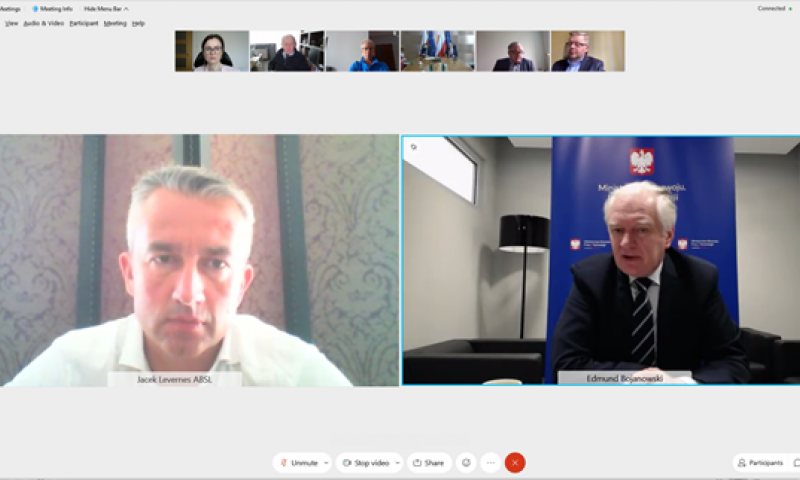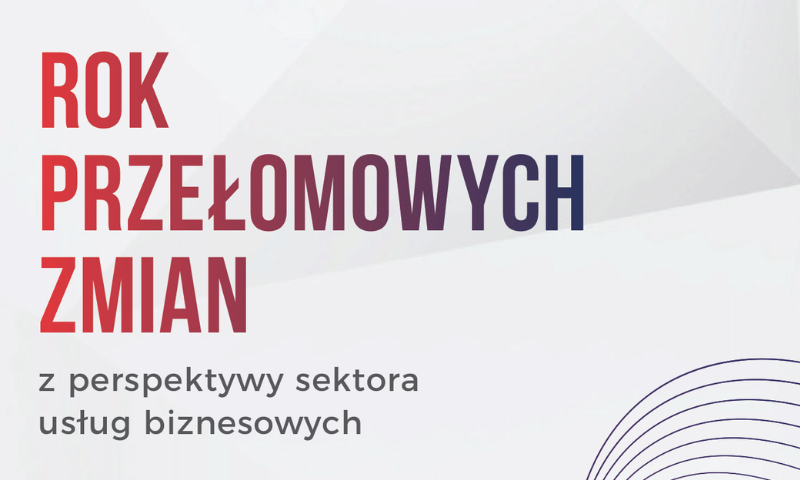The new leadership. What does it mean?
Pandemic times have changed our reality. Our workplaces, the styles of leadership, and the way we do business have undergone a fundamental reset because of Coronavirus, and the resulting uncertainty that affects many businesses. We will all need a lot of emotional intelligence and flexibility. While leaders of the future will still require the traditional leadership skills, competence and experience that brought them to the top, they’ll also need a greater degree of soft skills if they are to build trust among their teams and motivate them. We must reexamine the way people lead their teams and redefine strong leadership itself. Now, in this time full of challenges, it is a good time to think about the role of a leader.
Emotional intelligence is not a new concept and many leaders would have already applied it in their role but its usefulness and necessity have become much more important during the COVID-19 pandemic. Leaders need now to be even more open-minded and accept the needs of employees. Those leaders with highly developed emotional intelligence will be the ones who take our organizations into the future.
According to our global research three in four employees would appreciate more flexibility and a mix of office-based and remote working going forward and 75% of them say it is important for companies to retain their newly acquired flexibility and autonomy after the pandemic.
This new reality will also require a change in how managers guide their teams and how CEOs lead their companies. There will be greater emphasis on leaders developing soft skills such as empathy and trust in order to meet evolving employee expectations. What is important, more than half of leaders and managers say now that they need help and support in navigating and meeting these new expectations.
How to do this? A key step is to understand what emotional intelligence really is. It is the ability to control and channel emotions, build stronger relationships, optimize positive behavior in stressful situations and to develop the ability to tap into positive emotions which then lead to beneficial outcomes. It will help leaders give and receive valuable feedback.
An emotional intelligence can and should be taught and developed, just as traditional leadership skills were and are. It is not less important, today we can see that working with empathy and support is a key to work effectively and create stronger companies. Businesses should help leaders and managers discover and understand their potential and qualities and if they do not come naturally, help them train these qualities so that they can lead in a best way.
We have seen in our survey that 28% of employees say their mental health got worse during the pandemic, and that only 1 in 10 managers exceeded employees’ expectations in supporting them. We can see that these soft skills will be extremely important to make sure that in this new world, managers and leaders are taking care of their people in the right way – says Alain Dehaze, CEO of The Adecco Group.
The leaders of tomorrow will face a set of challenges as we emerge from the pandemic. New leadership includes not only empathy but also the ability to communicate clearly, consideration of employees’ holistic needs, and the ability to build relationships based on mutual trust rather than hierarchical management.
A new trend in leadership skills in the new normal is the so-called STEMpathy – team management in which we draw on skills such as resilience, emotional intelligence, and creativity. These STEMpathy skills will be critical. Companies must, therefore, invest in their leaders and help them develop the essential soft skills that have become integral and indispensable in the new era of work.
It is another great challenge to response on the demand of upcoming digital reality. Companies still have to facilitate learning and development in these areas as a complementary activity to building high demand technical skills in data science, artificial intelligence, machine learning and cybersecurity by reskilling or upskilling. Most employees expect their company to support them in such technical development but to also take care about their good mental health, augmented by managers whose leadership style is characterized by high emotional intelligence and a capability to build strong team spirit.
As team leaders, we need to observe, develop talents, let people grow, but also to create hope where it may be lacking and share our strength and wisdom to those people who may be feeling demotivated or lost in this pandemic time.
You will grow as a leader if you:
- work with empathy - be open and transparent in communication, ask and listen - emotional intelligence is a skill of a great leader
- make wellbeing and health of yourself and your team a top priority
- become more flexible - everything can happen, so be ready for a change, open to innovations and change
- work productively - busy doesn’t mean productive so make priorities - it will be essential as companies face new challenges
- collaborate - create an environment where team members can create and present innovative ideas
Sources:
https://www.adeccogroup.com/future-of-work/latest-insights/alain-dehaze-on-bloomberg/
https://www.adeccogroup.com/future-of-work/latest-insights/why-in-the-covid/
Contact: Katarzyna Zimińska
Phone: +48 725 779 990
Email: katarzyna.ziminska@adeccogroup.com
About the author
 Magdalena Bargieł, HR Director, The Adecco Group
Magdalena Bargieł, HR Director, The Adecco Group
HR and business leader. Passion for people and over 20 years of experience in top management positions in various companies allow her to look at the field of human resources in a strategic context. In The Adecco Group she focuses on development - both of the organization as well as all employees in Poland Czech and Slovakia.








